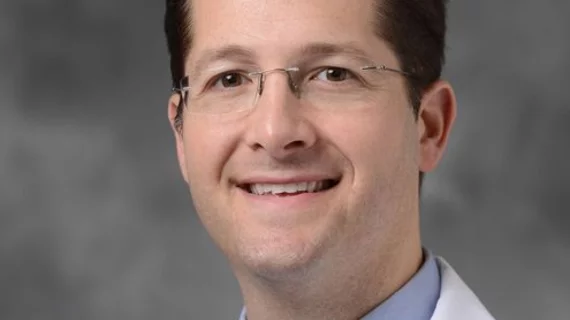Heart transplant deaths lead to tougher scrutiny at St. Luke’s in Houston
Baylor St. Luke’s Medical Center in Houston has long been touted as one of the top hospitals in the country for heart transplant and surgery. In recent years, however, its quality scores have plummeted and top physicians have left, all while the center was being led by a relatively inexperienced surgeon.
An investigation, co-published by the Houston Chronicle and ProPublica, documents where St. Luke’s went wrong. Among all heart transplant patients between the summer of 2014 and the end of 2016, the survival rate was 85 percent—below the national average of 91.4 percent, amounting to twice as many deaths as expected when accounting for patient risk.
After an increase in complications and patient deaths, the hospital hired Jeffrey Morgan, MD, as its surgical director for the transplant program in 2015 and removed high-risk patients from its waiting list. Mistakes continued, including two incidents where Morgan sewed through a major vein to the heart, leading to one patient’s death and a three-month hospital stay for another.
Morgan was chosen for his academic rather than surgical experience—being called “an academic superstar”—and mistakes at St. Luke's continued. Problems at his previous positions also arose, such as a decision for him to stop performing lung transplants after his initial patients experienced complications.
"Was it hubris for Jeff to say, 'I'm going to do lungs?'” said longtime heart surgeon Billy Cohn, MD. “We put him in that position and said, 'You're the chief, man. Go for it.' We handed him the reins. Was that our error? Yeah, maybe we should have said, 'Dude, you don't have the [experience] to be a lung transplant guy. We're going to shut the program down until we find somebody.'”
Morgan said in a statement the care he provided to these patients “met or exceeded applicable standards.”
Read more at the link below:

